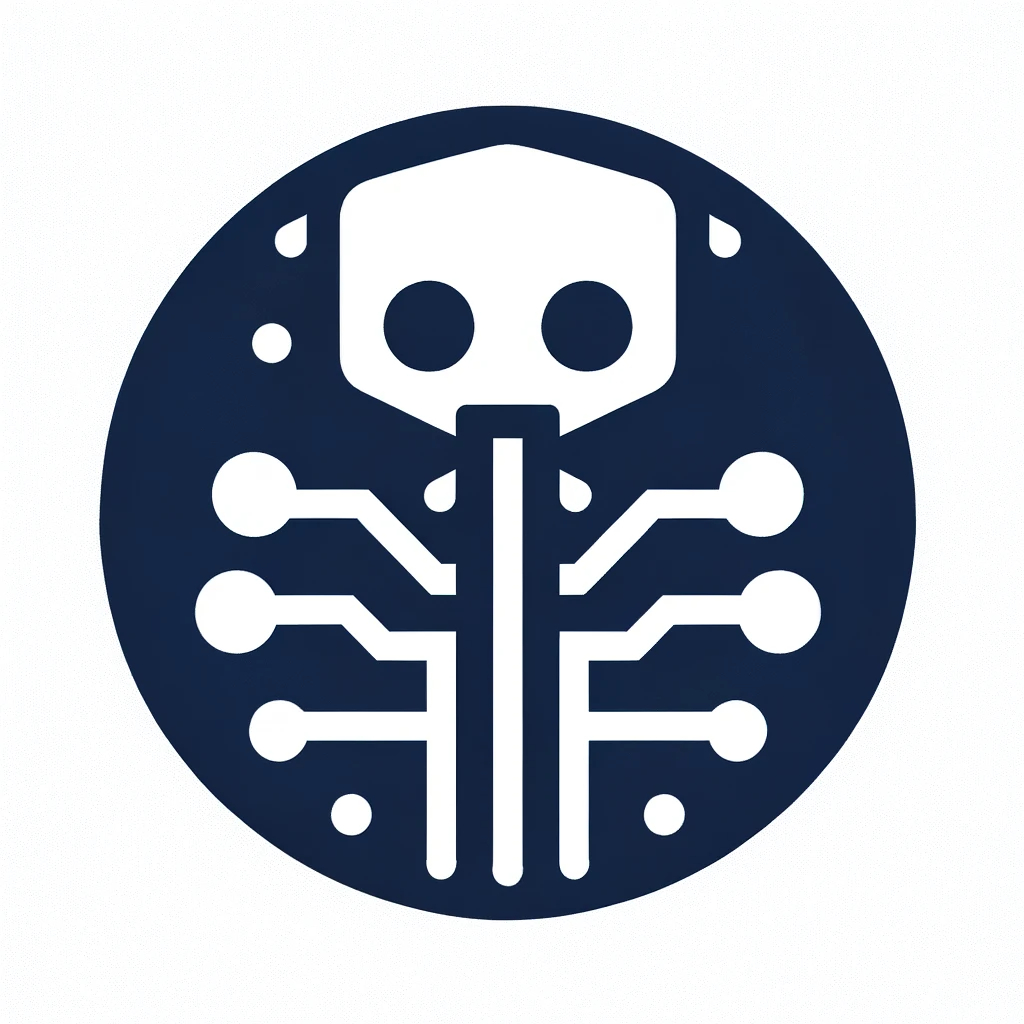107 reads
Ethics and Legal Considerations in Nanotargeting Research
by
May 30th, 2024
Audio Presented by

Netizenship is internet citizenship. We publish academic research on digital rights of online community members.
Story's Credibility

About Author
Netizenship is internet citizenship. We publish academic research on digital rights of online community members.
